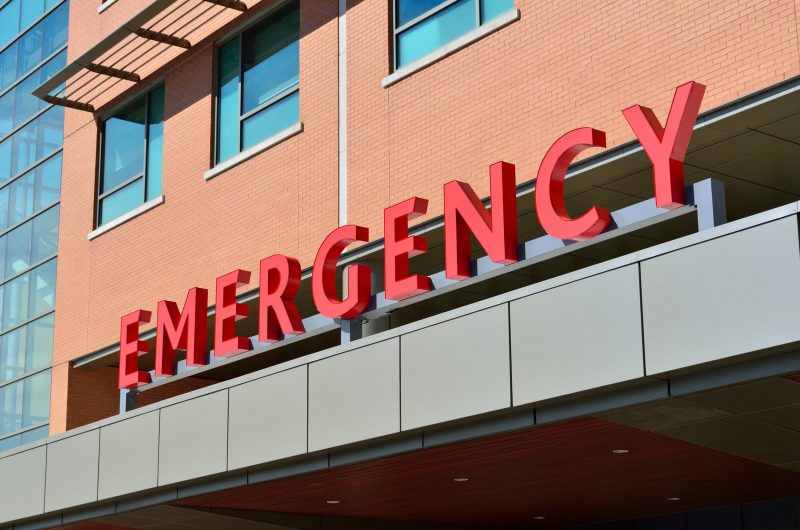Community
Massachusetts public health emergency order issued on hospital staffing, space

Michael P. Norton
With hospitals juggling staffing problems and an increase in patients, state officials on Friday issued a public health emergency order that they say will provide staff flexibility, ensure sufficient acute care capacity, and enable facilities to reopen inpatient capacity in spaces not currently being utilized.
The Department of Public Health also updated its Nov. 23 guidance intended to reduce non-essential, elective services at hospitals. Under the update, such services may be reduced by 50 percent, effective Dec. 15, compared to the 30 percent reduction envisioned in initial guidance.
In making the announcements, the state Executive Office of Health and Human Services said the state’s health care system is “facing a critical staffing shortage which has contributed to the loss of approximately 500 medical/surgical and ICU hospital beds” and that hospitals are also “seeing a high level of patients, mostly due to non-COVID related reasons.”
The emergency order, issued by the Department of Public Health, governs intensive care unit nurse staffing ratios and permits hospitals to create additional capacity in alternate spaces. Staffing ratio flexibility will enable hospitals to redirect ICU nurses, although hospitals will be required to meet certain criteria to ensure patient safety and quality of care. “The Commonwealth’s hospitals continue to face significant challenges due to staffing shortages,” said Secretary Marylou Sudders. “Today’s actions will help alleviate pressures by providing hospitals with staffing flexibility in order to reopen inpatient capacity in licensed and alternate space not currently being utilized.”
Under updated “alternate space” guidance, hospitals will be able to use licensed and unlicensed space for non-invasive outpatient care and to use alternate licensed inpatient spaces to care for medical/surgical and ICU adult patients through March 31, 2022 — authorization for such uses would have otherwise expired on Dec. 31. “Our healthcare community remains under tremendous pressure, and these flexibilities will provide hospitals with additional tools to remain nimble and accessible as they navigate the weeks ahead,” Steve Walsh, president & CEO of the Massachusetts Health & Hospital Association, said in a statement. “MHA and our members are grateful for the ongoing coordination with the Baker-Polito Administration, which has empowered healthcare organizations to respond in real-time and with swift action over the past 21 months. Patients should know that their hospitals and care teams are there for them, just as they have been over the course of the pandemic.”







You must be logged in to post a comment Login